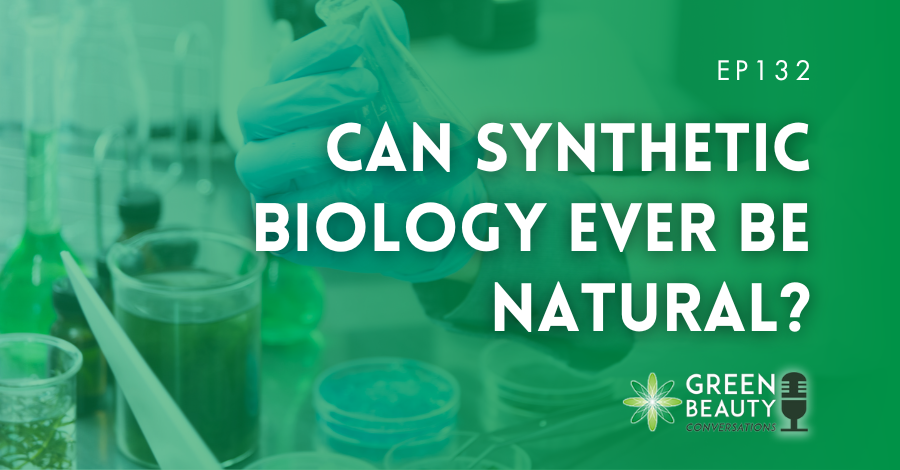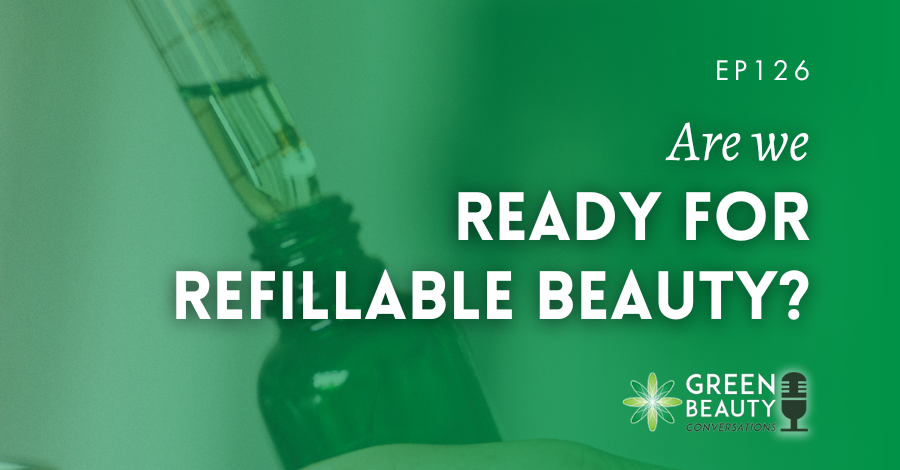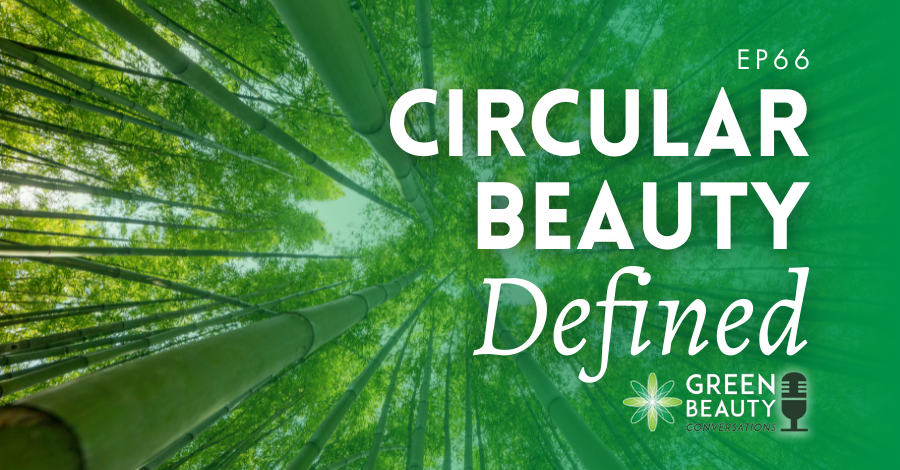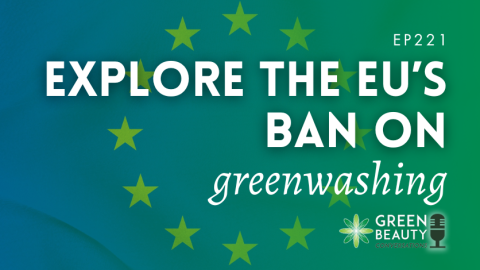Can synthetic biology be a more sustainable way to bring “natural” cosmetic ingredients to market? Can a branch of bioscience that includes the word “synthetic” in its name ever be considered natural? These are questions Formula Botanica CEO and podcast host Lorraine Dallmeier tackles in this short opinion episode.
Following her interview in the previous episode with Jake Wintermute, developer-evangelist at synthetic bioscience company Ginkgo Bioworks, Lorraine picks up on some valid comments and concerns of Green Beauty Conversations’ listeners. Our recent episode with Dr Barb Paldus on biotech beauty – or lab-grown skincare – proved similarly controversial.
Lorraine asks us to think carefully before we dismiss synbio and similar advances in biosciences as the anathema to natural cosmetics. Each of us must make up our own mind on these new frontiers in cosmetic science, and dig deep before deciding on what natural means to us. Listen in for a thought-provoking Green Beauty Opinion which might leave you with even more questions to answer.
Can synthetic biology be the new natural and offer more sustainable cosmetic ingredients? The @FormulaBotanica podcast explores bioscience for cosmetics. #synbio #cosmeticscience #naturalcosmetics Share on X
First, Lorraine lays out some facts. Synbio – synthetic biology – is a new field but gaining ground. As we heard in the Jake Wintermute episode, it involves feeding yeast with the DNA of plants so that the yeast replicates the cell to create a bio-extract in a lab. All this is done without need for vast natural resources.
It can, in theory, be applied to “growing” any plant and it can, in theory, create new life forms. These possibilities worry many natural formulators who look solely to nature to provide what they need. Lorraine points out that in a literal sense these synbio ingredients have natural feedstocks. Their only unnatural aspects are that humans create them and that they can’t exist in their forms in the natural world.
Lorraine quotes valid criticism and comments that ask us to consider a world in which humans take precedence over nature. Some podcast listeners asked where the boundaries lie in limiting science as the master of nature. Others said that fear-mongering about the scarcity of natural resources should not be the reason for us to adopt synthetic bioscience-produced ingredients.
Ultimately, the jury is out on when and whether we, as natural formulators and as concerned communities, will be ready – indeed ever be ready – to embrace synbio or its relatives. To do so, we must be prepared to reassess constantly our own understanding of what constitutes natural. To find out more, head over to listen to our first episode on the four shades of natural which remains our most popular.
Lorraine challenges us to keep an open mind on advances like synbio and biotech. She concludes by stressing that with great power comes great responsibility. This is certainly the premise that should guide these new branches of science.
Do keep talking to us about the issues Green Beauty Conversations raises. Your voice is greatly appreciated and your passion will help make the beauty industry more sustainable.
Thank you for joining us for this episode of the Formula Botanica Green Beauty Conversations podcast. If you enjoyed listening, please share, subscribe and review this episode on Apple Podcasts, Spotify or Youtube so that more people can enjoy the show. Don’t forget to follow and connect with us on Facebook and Instagram.
FREE TRAINING
Learn how to become an
Organic Skincare Formulator
FREE TRAINING
How to become an
Organic Skincare Entrepreneur
FREE TRAINING
How to become an
Organic Skincare Entrepreneur
Leave us a comment
Lorraine Dallmeier is a Biologist, Chartered Environmentalist and the CEO of Formula Botanica, the award-winning online organic cosmetic science school. Read more about Lorraine and the Formula Botanica Team.




























